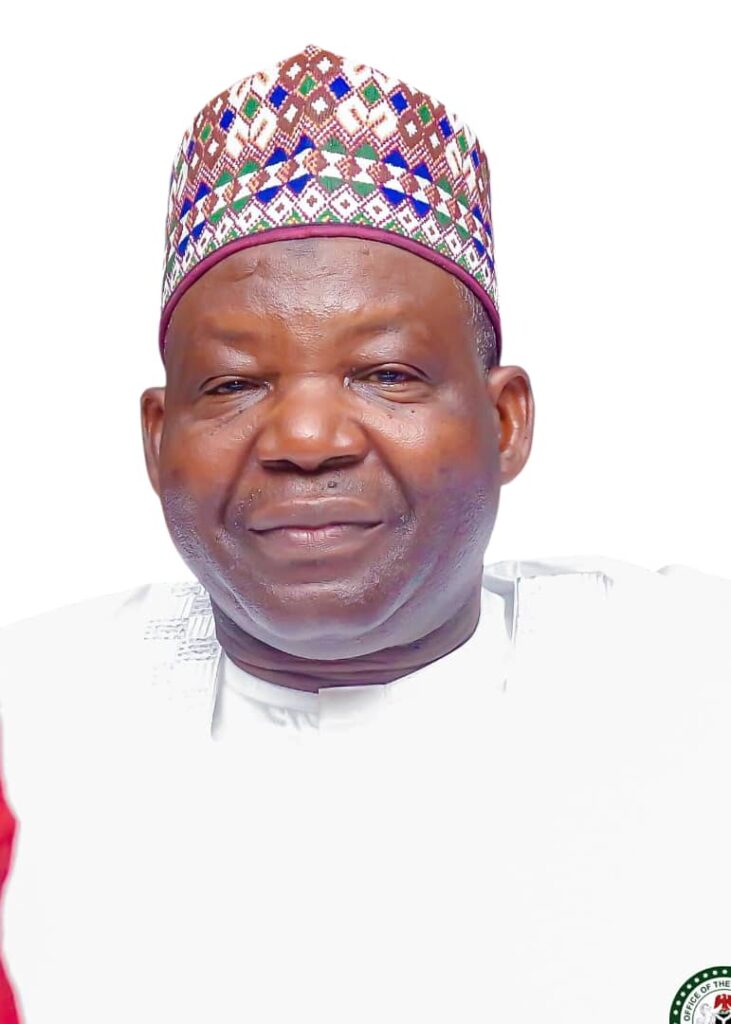The Sokoto State Government has made it compulsory for all new health workers to work in rural areas. This includes doctors, nurses, and other medical staff. They will be sent to village clinics as their first assignment. The goal is to reduce the shortage of health workers in villages where many people lack basic healthcare.
All medical professionals who received sponsorship from the state must work in rural areas for two years. The Health Commissioner, Dr. Faruk Umar Abubakar, said this is to fix the uneven distribution of health workers and make healthcare fair across the state.
According to the new policy, all health workers trained by the state—doctors, nurses, pharmacists, and others—must spend at least two years working in rural areas.
Dr. Abubakar said this decision came after a detailed study showed that too many health workers are based in cities, while village clinics are left without enough staff.
He also said that the government is not just sending workers to rural areas but also supporting them with better salaries, improved clinic facilities, and security. The success of this policy has made the education sector consider doing something similar to deal with the lack of teachers in remote places.
To make the rural work more attractive, the government is giving a 10% salary bonus to those working in these areas. Dr. Abubakar believes this will encourage many professionals to stay even after their two-year service is over. He said the good conditions and incentives will make them want to remain.
The Commissioner said this rural service plan is part of a larger effort by Governor Ahmad Aliyu’s government to improve Sokoto’s healthcare system. He added that the state now pays health workers salaries equal to what the Federal Government pays, which has impressed both labor unions and health professionals across the country.
Dr. Abubakar praised the Governor’s quick action and support for the health ministry’s proposal. He said they explained to the Governor that offering good pay is the only way to keep skilled workers, and he agreed. Now, Sokoto’s health workers are respected across Nigeria.
He said that the state has started to see positive changes. Some health workers who had earlier planned to resign have decided to stay because of these improvements.
Dr. Abubakar stressed that these successes are due to teamwork. He said that everyone in the health sector—doctors, nurses, pharmacists, scientists, and even cleaners—plays an important role.
He also mentioned that professional groups like the Nigerian Medical Association (NMA) and the Nigerian Nurses and Midwives Association (NANNM) have praised the government’s efforts to take care of its workers and have shown renewed trust in its leadership.
Dr. Abubakar concluded by saying that all these reforms are helping to build a better and more responsive healthcare system in Sokoto State.


